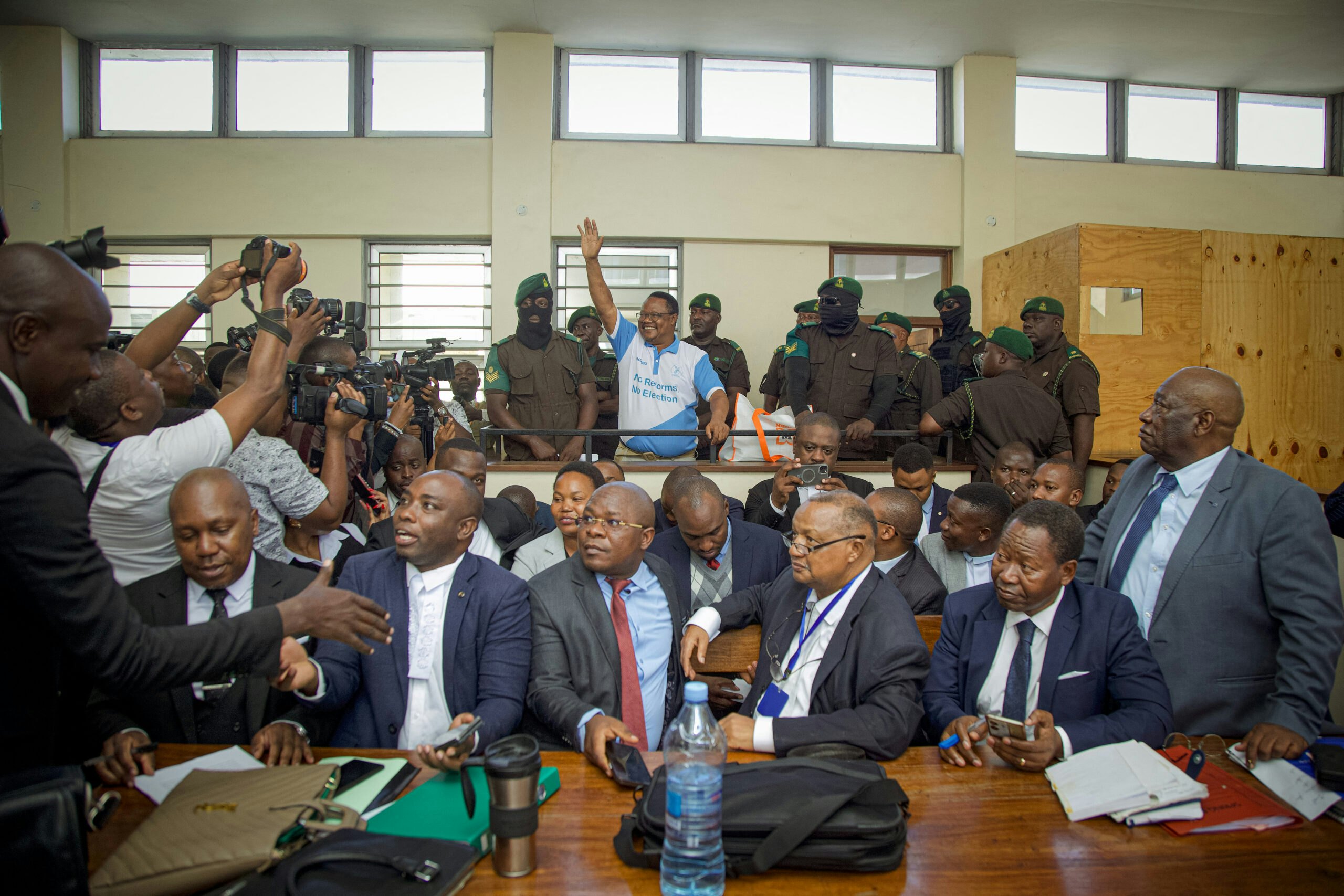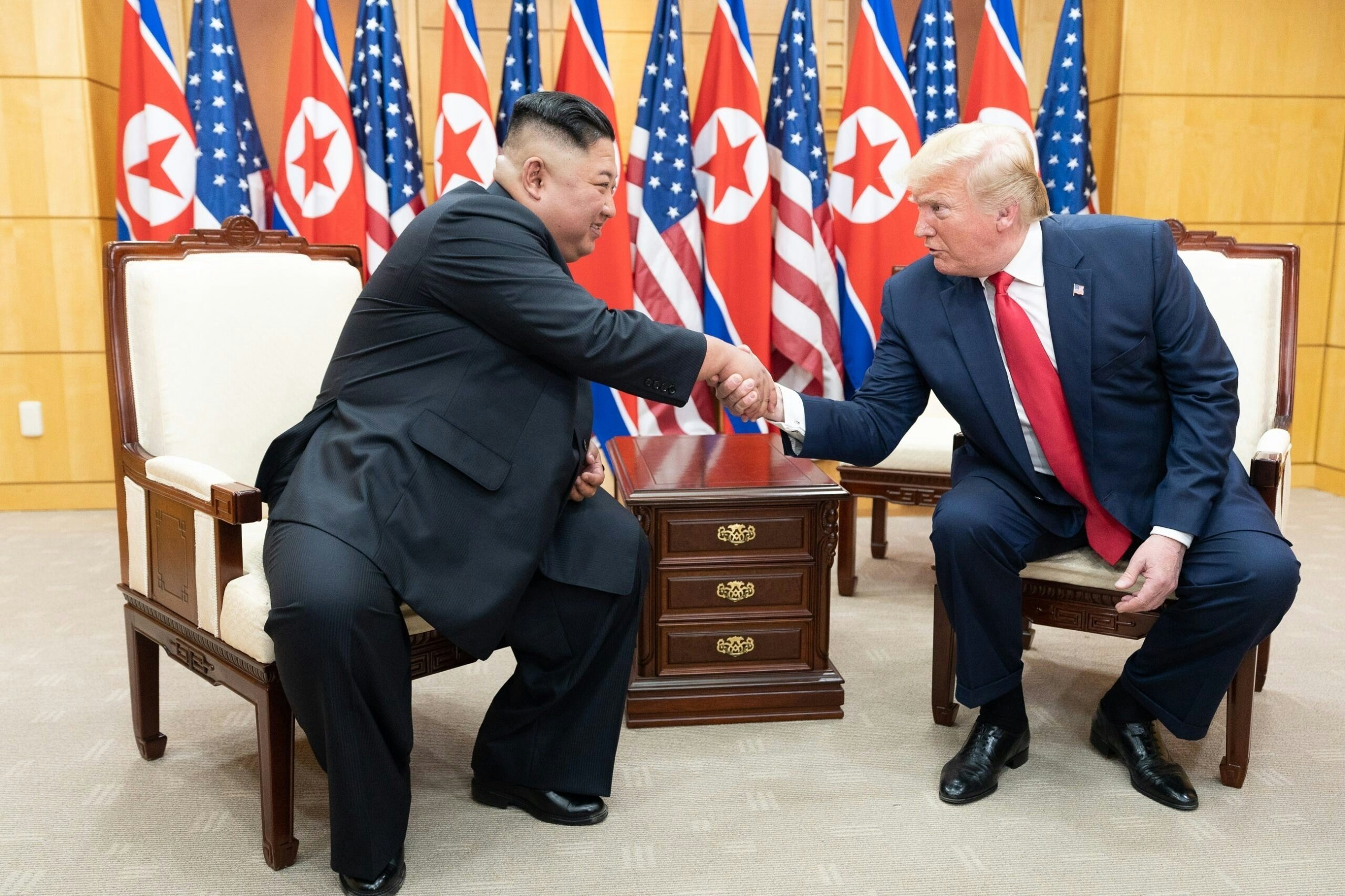Claudia Sheinbaum hails from her predecessor’s political party and stands committed to many of his policies. But Mexico’s new president can distinguish herself in at least one way from former President Andrés Manuel López Obrador: strengthen freedom of the press in her country.
Sheinbaum, who took office on Oct. 1, signed a Reporters Without Borders pledge before the election to defend journalism. She did so after six years in which President López Obrador, popularly known as AMLO, largely undermined freedom of the press.
AMLO frequently criticized the media in his morning addresses to the nation, using terms like “journalism mafia” to demean reporters. He cast aspersions on the work of investigative journalists, even releasing the telephone number of a New York Times correspondent who reported the U.S. government had investigated AMLO’s alleged links to drug cartels. And the longtime political leader did not adequately enforce the legal mechanism that Mexico set up in 2012 to protect the security of journalists enrolled in the program.
Meanwhile, at least 37 journalists were killed in Mexico during AMLO’s tenure (13 in 2022 alone); at least five went missing; and 158 lawsuits were filed against journalists or their media outlets, often by people in position of authority or connected to those in official positions. What’s more, Mexican journalist César López Linares writes in the Latin American Journalism Review, spyware and other surveillance techniques were used to intimidate reporters.
This situation, sadly, is not new. Amnesty International and the Committee to Protect Journalists (CPJ) report that Mexico has the highest number of missing journalists in the world. CPJ rates Mexico as the most dangerous country in the Western Hemisphere for journalists. And Latin American political analyst Nathaniel Parish Flannery wrote in Forbes this spring that the danger for reporters in Mexico is only surpassed by nations that are at war. (Violence has not been limited to journalists. Between September 2023 and May 2024, there were 560 documented victims of political violence against candidates, current and former government officials, politicians, their family members, and collateral victims.)
The question is, what can President Sheinbaum do to change the climate for journalists in the country she now leads?
She could start by emphasizing the five principles in the pledge she signed earlier this year:
- Make the right to information and journalism a priority.
- Ensure full protection of journalists.
- Promote legislation that guarantees the safe practice of journalism.
- Fight against impunity for crimes committed against journalists.
- Develop sustainability and security policies for media in areas where they are in danger of disappearing.
One way to make the right to information and journalism a priority is improve the effectiveness of the legal mechanism Mexico created to protect journalists. Among other things, the program is supposed to provide enrolled journalists protective gear, bodyguards, and panic buttons. But the system doesn’t always work. One reporter enrolled in the program was murdered in August. And there are reports that the bureaucrats in charge of implementing this initiative move too slowly to keep people safe.
The mechanism doesn’t cover all journalists, either. At the end of last year, only 651 journalists were enrolled. But, CPJ says, requests for protection are being rejected more routinely, from one in 2020 to almost 50 last year.
President Sheinbaum also should preserve the independent national transparency agency that AMLO proposed to move under the watchful eye of the federal government. Before he left office, AMLO requested lawmakers close several agencies, including the one devoted to public information requests.
Critics rightly condemned the move as an affront to democracy and a reversal of Mexico’s attempt to move away from authoritarian rule over the last two decades. Among other actions, the independent agency previously disclosed information that embarrassed high-ranking officials.
Mexico’s Congress has yet to act on AMLO’s proposal, so Sheinbaum’s advocacy for the agency with legislators could ensure citizens retain greater access to a free flow of information.
The new president also should work with families of missing journalists to locate the reporters, or at least find their remains. That would send a signal beyond the families to others in the media that she understands the situation.
Just her tone could make a difference. Not demonizing reporters in public settings or broadcasts would represent a significant shift.
To be sure, AMLO’s legacy will make it hard for the media to flourish in Mexico, even if Sheinbaum makes good on her pledge to uphold press freedoms. His last-minute move to get rid of Mexico’s 7,000 appointed judges and have them run for election will almost surely make it harder for journalists to prevail in court.
For one thing, there is the potential for drug cartels to finance the campaigns of judges. If that occurs, journalists cannot expect a fair trial since the reporting that has gotten many of them in trouble has focused on the relationship between the Mexican government and the cartels.
But putting a mark down for a democratic freedom like a free press is one sure way to establish her own identity. Simply ensuring the safety of journalists could improve the flow of information that allows citizens to make decisions about their communities, states, and nation. And it could boost public trust in the system, which is essential for any democracy.































